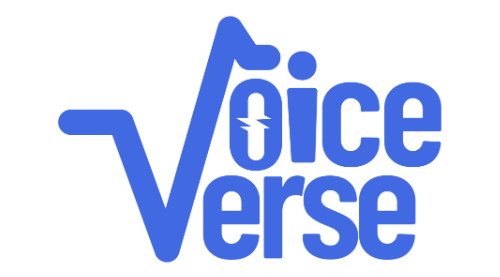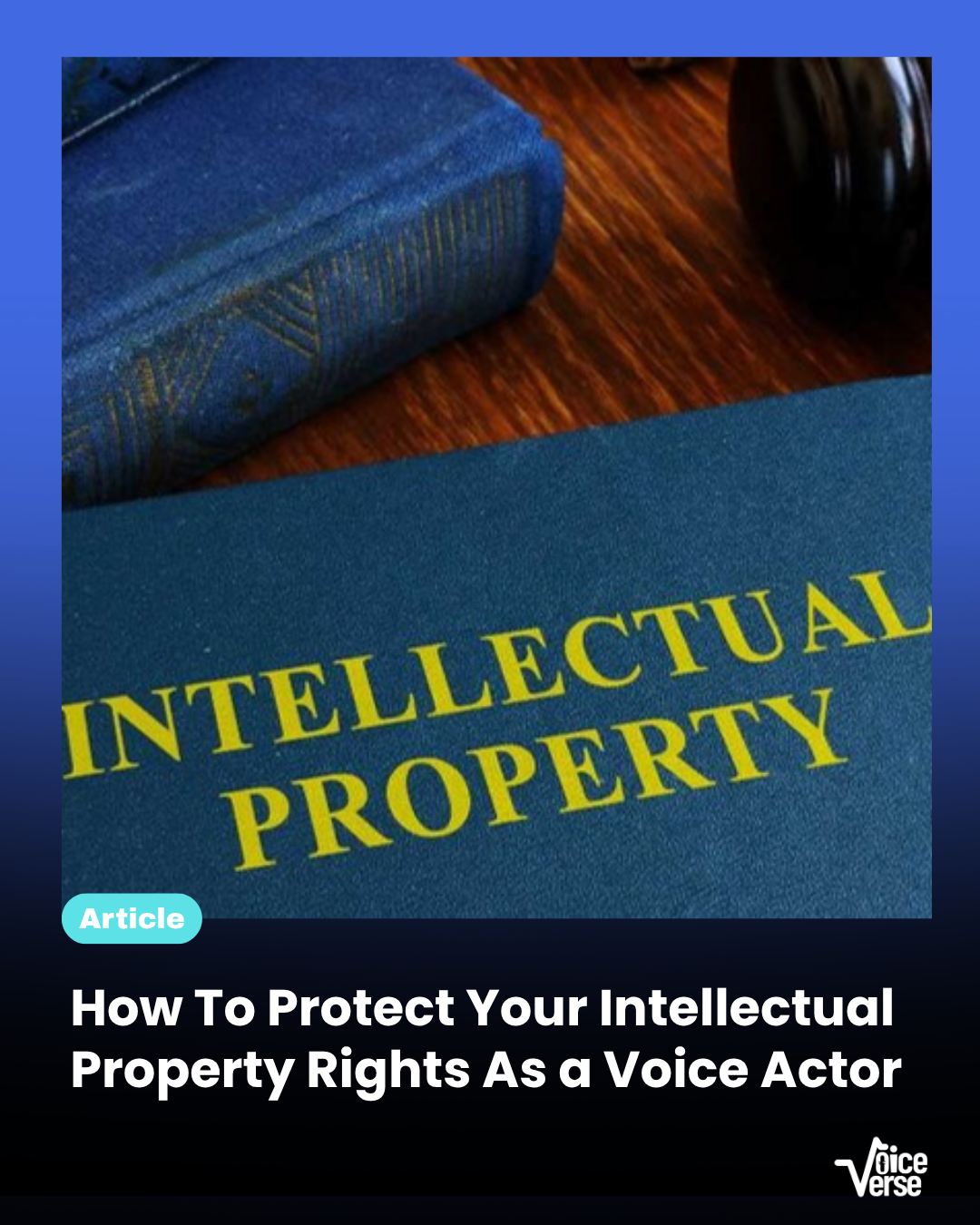Written by: Toluwalope Odanye
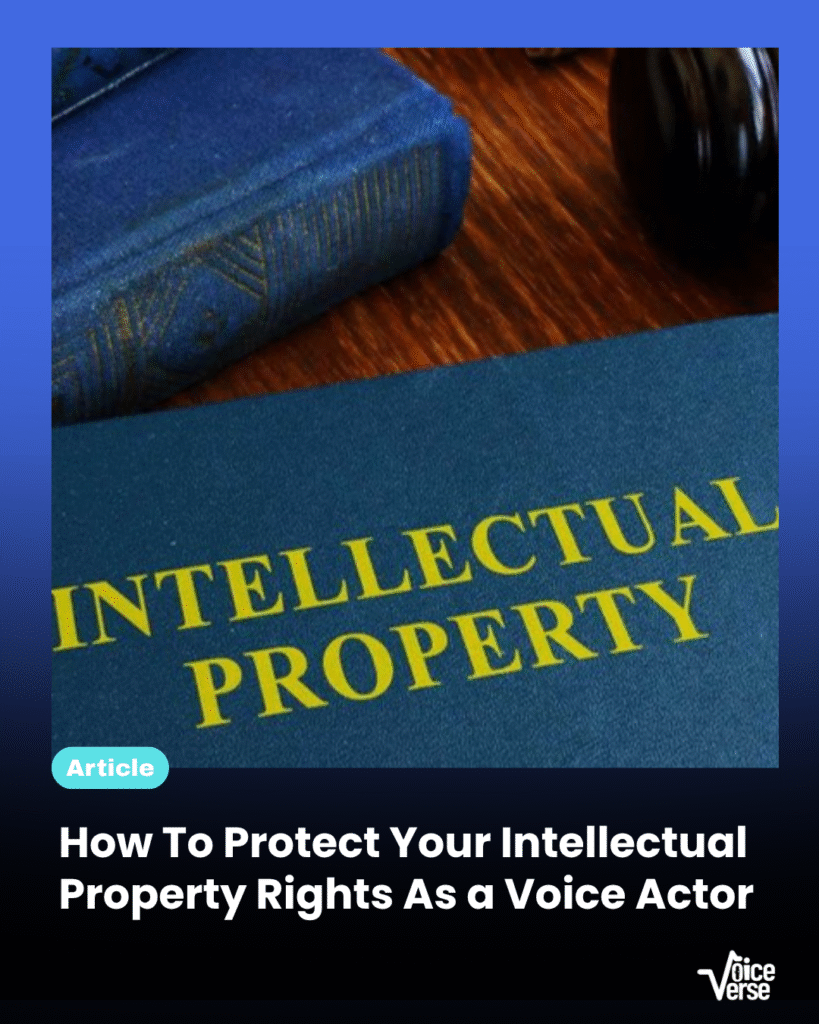
In today’s fast-evolving digital world, voice actors are facing a new kind of crossroads, one where human creativity and artificial intelligence (AI) intersect. With the rise of AI voice generation tools, your voice can be cloned, mimicked, or even stolen without consent. So, how do you, as a voice actor, protect what’s uniquely yours?
Let’s break it down.
What Is Intellectual Property (IP)?
Intellectual property refers to creations of the mind; things like music, art, inventions, and even your voice. In simple terms, it’s the stuff you create that has value, and you have legal rights over it.
For voice actors, your voice is your product. Every tone, inflection, emotion, and character you bring to life is a part of your creative identity.
Can a Voice Really Be Stolen?
Yes. With AI voice synthesis tools, a few seconds of your recorded voice can be enough to create an AI version that says anything, anywhere, without your knowledge or permission.
What Legal Protections Do Voice Actors Have?
Voice actors fall under several overlapping types of legal protection:
1. Copyright
Copyright usually protects original works like scripts or audio recordings, but it doesn’t directly protect your voice. However, the recording of your performance (e.g., an audiobook or ad) is protected, and the person who owns the copyright can control its use.
2. Right of Publicity
This is a major one. The right of publicity allows you to control how your name, image, and voice are used commercially. If someone uses your voice to sell something or build a product (like an AI model) you may have a legal claim.
3. Contracts & Licensing
The real power is often in the paperwork. Clear, written contracts stating how your voice can be used, for how long, and in what formats are essential. Without that? You’re leaving your voice out in the open for exploitation.
Protecting Yourself: Practical Steps for Voice Actors
- Watermark Your Work
When sharing demos or samples, use audio watermarks, which could be low-level sounds or spoken disclaimers that mark the clip as yours. - Use Licensing Agreements
Never do voice work without a contract. Make sure it outlines:
- Usage rights (where and how your voice can be used)
- Duration
- AI restrictions (e.g., “voice may not be used to train AI models”)
- Usage rights (where and how your voice can be used)
- Register Your Work
If you’re producing full-length voice projects, consider registering the final works (e.g., audiobooks, voice reels) with your country’s copyright office. - Monitor Your Voice Online
Use tools like Google Alerts or AI voice detection software to track if your voice pops up where it shouldn’t. - Speak Up
If you suspect misuse, consult an entertainment lawyer.
AI is not the villain, but it does create a new playing field, and voice actors need to show up with rules. Some companies are already working on ethical AI voice models that only use licensed voice data. Unionized voice actors and industry groups are also advocating for stronger protections. But until laws catch up, protecting your voice is your responsibility.
Follow @voiceverseng on Instagram and across other socials for more updates from the voiceover world.
